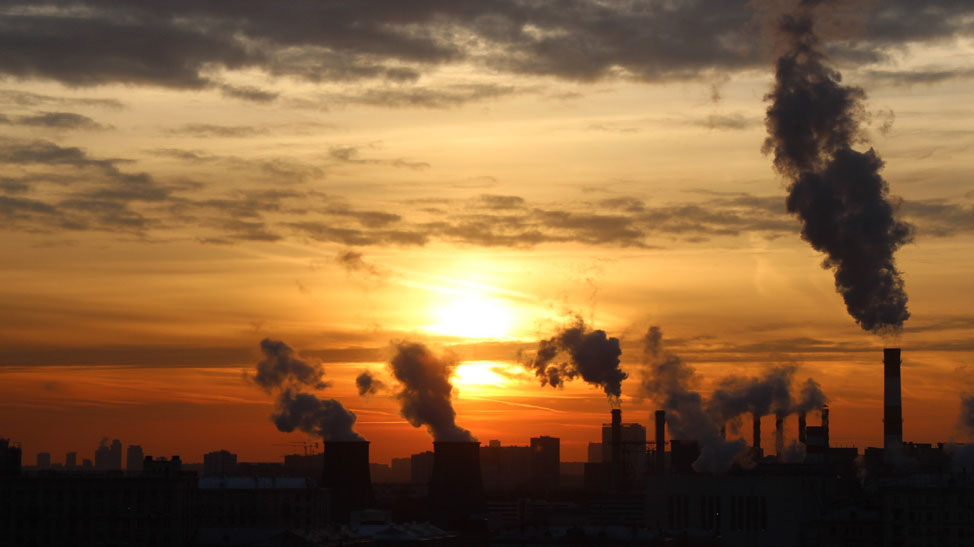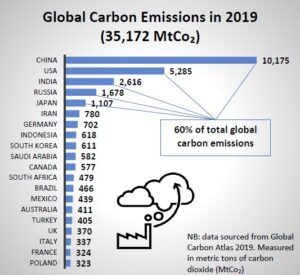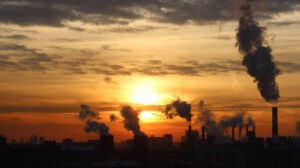The US returns to the front lines in the fight against climate change
Earth day, April 22, is an annual event dedicated to preserving the natural world. It is an international day of attention and activism to demonstrate support for environmental protection.
This year will mark a return to the front lines for US President Joe Biden in the fight against the human contribution to climate change. President Biden will host a two-day virtual Leaders Summit on Climate that coincides with Earth day.
On April 17, Prime Minister Justin Trudeau announced he will participate in the Summit: “I commend President Biden for convening this Summit, and look forward to sharing how Canada has been working to fight climate change, protect our environment and grown our economy”.
Participation in the summit is consistent with the Roadmap for a Renewed US-Canada Partnership. It is a way for both countries to continue work on tackling the climate crisis and creating employment and economic opportunities for people.
In all, President Biden invited 40 world leaders of countries that demonstrate strong climate leadership, are vulnerable to climate impacts, or are navigating innovative pathways to net-zero emissions.
In addition to Canada, other countries invited to participate include: China, India, Russia and Japan. They are also among the top leading countries for carbon emissions. (see graph above)
According to Global Carbon Atlas, a data source on carbon fluxes resulting from human activities and natural processes, China is the country with the greatest carbon emissions from fossil fuels. At a measurement of 10,175 metric tons of carbon dioxide (MtCO₂) in 2019, that represents about 28.6% of total global carbon emissions.
In terms of absolute numbers, it is evident which countries are among the highest contributors to global emissions. The top five are responsible for more than half of the world’s total carbon emissions, 60%. The countries share some similar characteristics. The nations are both economically developed and industrialized.
Over the years, the burning of fossil fuels has led to an emission build up. Both industrialization and urbanization contribute to the accumulation of carbon in the atmosphere. Global leaders and decision-makers have shifted their efforts to reducing carbon emissions. Now they propose to implement policies in support of a cleaner environment.
The summit is a big step for the US, which, under the previous presidency, had turned away from global cooperation on climate action. Now, this is a renewed opportunity for countries to come together to discuss ways for public and private sectors to move towards a net-zero transition and help vulnerable countries that suffer greater impacts of climate change.
The exploration of new technologies that help reduce emissions and hold the rise of global temperatures to a rate below 1.5 degree Celsius may be the game changer in the world’s battle against climate change.





